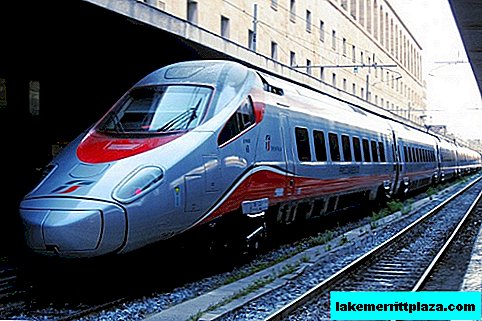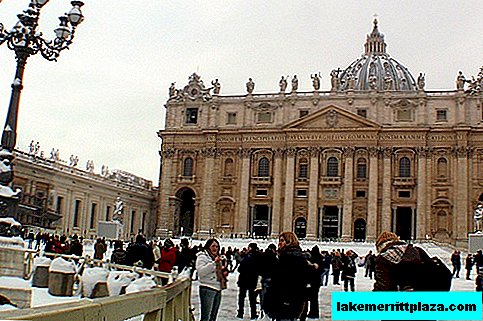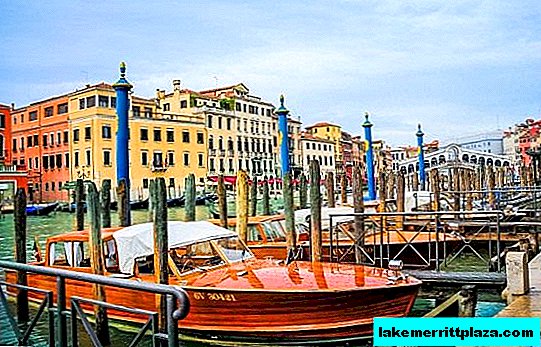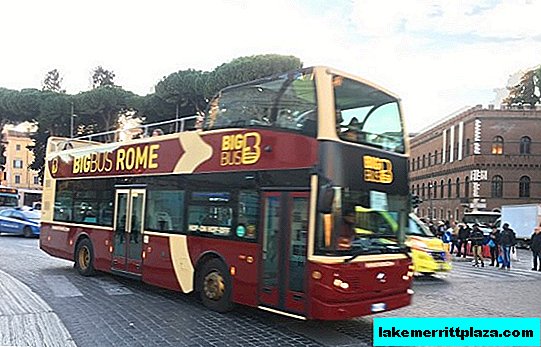The actress and singer, whom God himself kissed, can be said of Olga Yankovskaya, Honored Artist of Russia, leading actress of the legendary first and only Roma theater in the world in Moscow.
An actress with incredible energy, the owner of an amazingly strong voice - you can talk about Olga only in superlative degree. And the viewer, like a tuning fork, feels it. When the famous romance “Burn, Burn, My Star” sounds from the stage, the audience freezes and experiences a real catharsis. I ask myself - what own mental resources do you need to have to give them out so generously? Where to get strength for creativity?
- Olga, remember, Mandelstam has such a line, "Play on the aortic rupture"? It is impossible to listen to your performance with a cold heart and sober rationality. You do not just sing - you live every song you sing like the first time in your life. I talked with many of your listeners, and everyone is unanimous - it creates a distinct impression that you sing for them, here and now. Where does this amazing ability come from?
Olga smiles:
- By the way, this is the most common question that not only journalists ask me. I am grateful to the Lord who gives me energy. In general, my intuition is very well developed, so I try to live, work and communicate with people sincerely, first of all. If I love, then I love forever. Of course, I am grateful to my family and friends - they are all very bright real people.
If some bad thought creeps into my head, I always mentally ask God to take it away from me. And this is not fanaticism or special religiosity. It is very important for me that God be, first of all, in the soul. All our classics wrote about this.
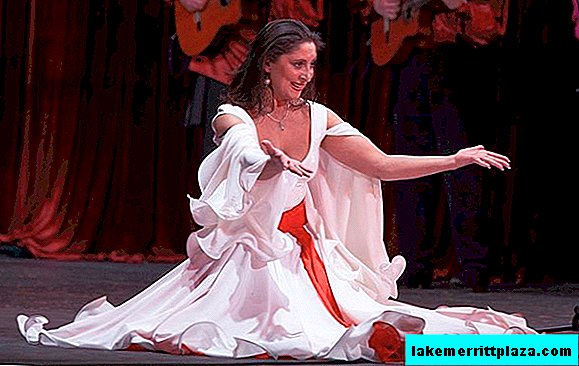
- By the way, at your concerts you always talk about the proximity of gypsy culture and Russian art.
- The art of Russian gypsies has always been considered the most real, you can say so. I am talking about the art that Kuprin, Leskov, Yesenin, Tolstoy sang in their texts. In general, I am for any art, if it is professional, honest and sincere. But Russian gypsy culture, our songs are absolutely international. They immediately and forever enter the listener's heart, even if he speaks a different language.
- Not so long ago, the Romen Theater went on tour in Italy. How did the Italians take you? Did you speak the same language with them?
- Yes, and that was the language of the gypsy song. You should have seen how we were called for an encore, how you were asked to sing again and again, what kind of ovation we were satisfied with. In general, in Italy I have been many times, in love with this amazing country. This time, together with the Romen Theater (artistic director - People's Artist of the USSR Nikolai Alekseevich Slichenko), we traveled to almost all of Italy, including Sicily.
For twenty days we gave eighteen concerts, the audience was subdued.
- Were these your Russian-speaking fans?
- No, there were a lot of Italians at the concerts, along with the Russians. Moreover, it was pleased that the viewer was prepared.
- Is the art of Russian gypsies different from the Balkan?
- Of course! Although I love Kusturica’s films, I’m crazy about Bregovic’s music, my songs and romances are closest to me. This is an eternal classic, which is revered by the whole world.
- How were emotional Italians taking you?
- They were crazy! As soon as we entered the stage, absolute contact was instantly established with the audience, the “fourth wall” disappeared and for several hours we spoke the same language.
I sang on the stage of the famous Venetian theater La Fenice, where Vivaldi also sang his masterpieces, Pavarotti and other world celebrities sang.
There are legends about theater acoustics. I sang four romances and as many as I sang an encore. For me it was a real victory and a new stage of professional excellence.
- Olga, but it’s no secret that often the gypsy people are perceived by many, not only as a carrier of culture. After all, there are other reviews, stereotypical or negative?
- Of course, as in any society, there is social stratification and there are different human strata. It’s important not to fall prey to the very stereotypes you are talking about. We carry culture and enlightenment. The good news is that they are drawn to us, strive to become better, to be formed. This was also told to me by my parents.
- They were people of art ...
- Yes, I inherited my voice from my mother, actress Alla Slichenko, she sang amazingly, and my dad, Sergey Yankovsky, a long life man, is a musician and choreographer. I spent all my childhood and youth behind the curtains of the circus, where I first appeared on stage for the first time. And right after school I came to the Romen Theater.
Despite the fact that Nikolai Alekseevich Slichenko is my uncle, I did not indulge, I worked and studied a lot, played in performances.
God always brought me together with people from whom I could learn, who helped me grow.
Many thanks to my teachers from GITIS. Poet Mikhail Tanich, his wife Lidia Nikolaevna Kozlova-Tanich, composer and arranger Ruslan Gorodets, poet Yuri Entin, composer Evgeny Krylatov, beloved actor Oleg Yankovsky, Tamila Sudzhaevna Agamirova, of course, my uncle, Teacher Nikolai Slichenko - I bow low to this people for everything they did for me. I constantly learn from the masters, because when you stop learning, you stop growing as a professional.
Interview took Nadezhda Fedenko
Official site of the Romen Theater: www.teatr-romen.ru
Photo from the personal archive of Olga Yankovskaya



